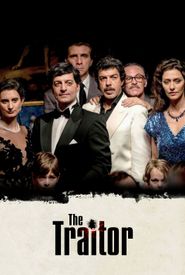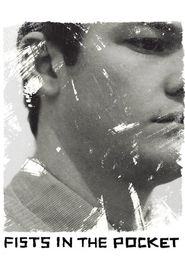Marco Bellocchio is one of the most consistent and adventurous Italian directors of his generation, a remarkable achievement considering he made his feature debut almost fifty years ago. Over the course of his long and distinguished career, Bellocchio has amassed a diverse body of work that encompasses original screenplays, adaptations of renowned playwrights such as Pirandello and Kleist, and personal, quasi-autobiographical films.
What unites Bellocchio's films is his unique visual style and his unwavering commitment to exploring the role of the individual in contemporary Italy and contemporary cinema. His feature debut, the critically acclaimed Fists in the Pocket (1965),was a ferocious and anarchic look at a troubled family that instantly established him as a major talent in the Italian film scene, alongside the likes of Antonioni, Pasolini, and Bertolucci.
In the years that followed, Bellocchio continued to push boundaries with films such as China Is Near (1967) and In the Name of the Father (1971),which examined the tumultuous world of leftist politics and revolutionary dreams with a keen eye and a critical perspective. The 1980s and 1990s saw Bellocchio turn his attention to the interplay between family dynamics and sexual desire, producing complex allegories of personal identity in films such as A Leap in the Dark (1980) and Devil in the Flesh (1986).
In more recent years, Bellocchio has turned to more straightforward narratives, exploring Italy's recent past and present in films such as The Nanny (1999) and Dormant Beauty (2012). This period has seen Bellocchio return to the forefront of contemporary cinema, combining the lessons learned from his earlier work with a renewed sense of purpose and a continued commitment to his unique artistic vision.
Throughout his career, Bellocchio has maintained a searching critique of the institutions that control individuals and organize the flow of power, including the army, political parties, schools, the state and its laws, the Church, and the family. His films are a testament to his unwavering commitment to artistic innovation and his unrelenting pursuit of the truth.




























